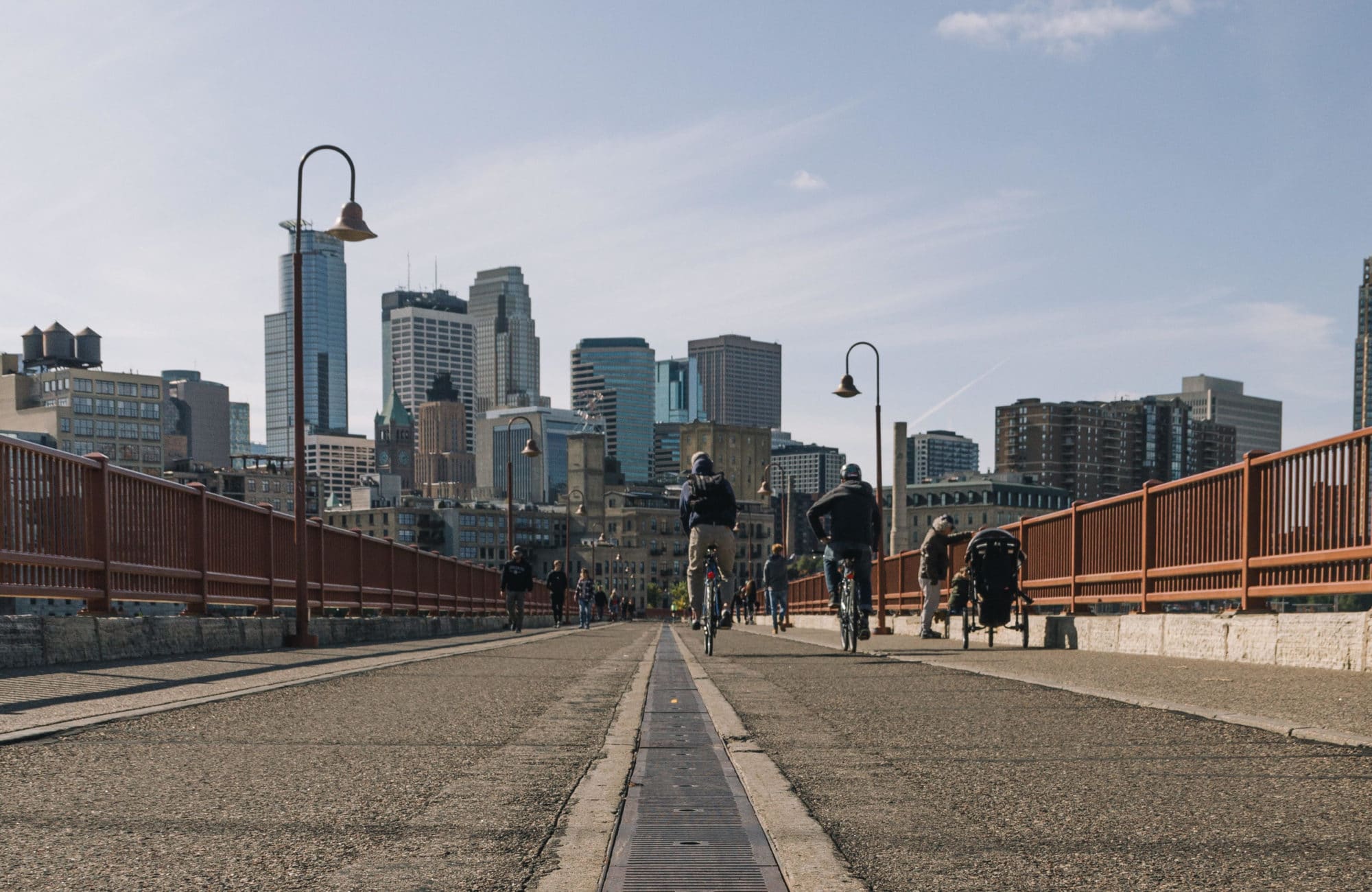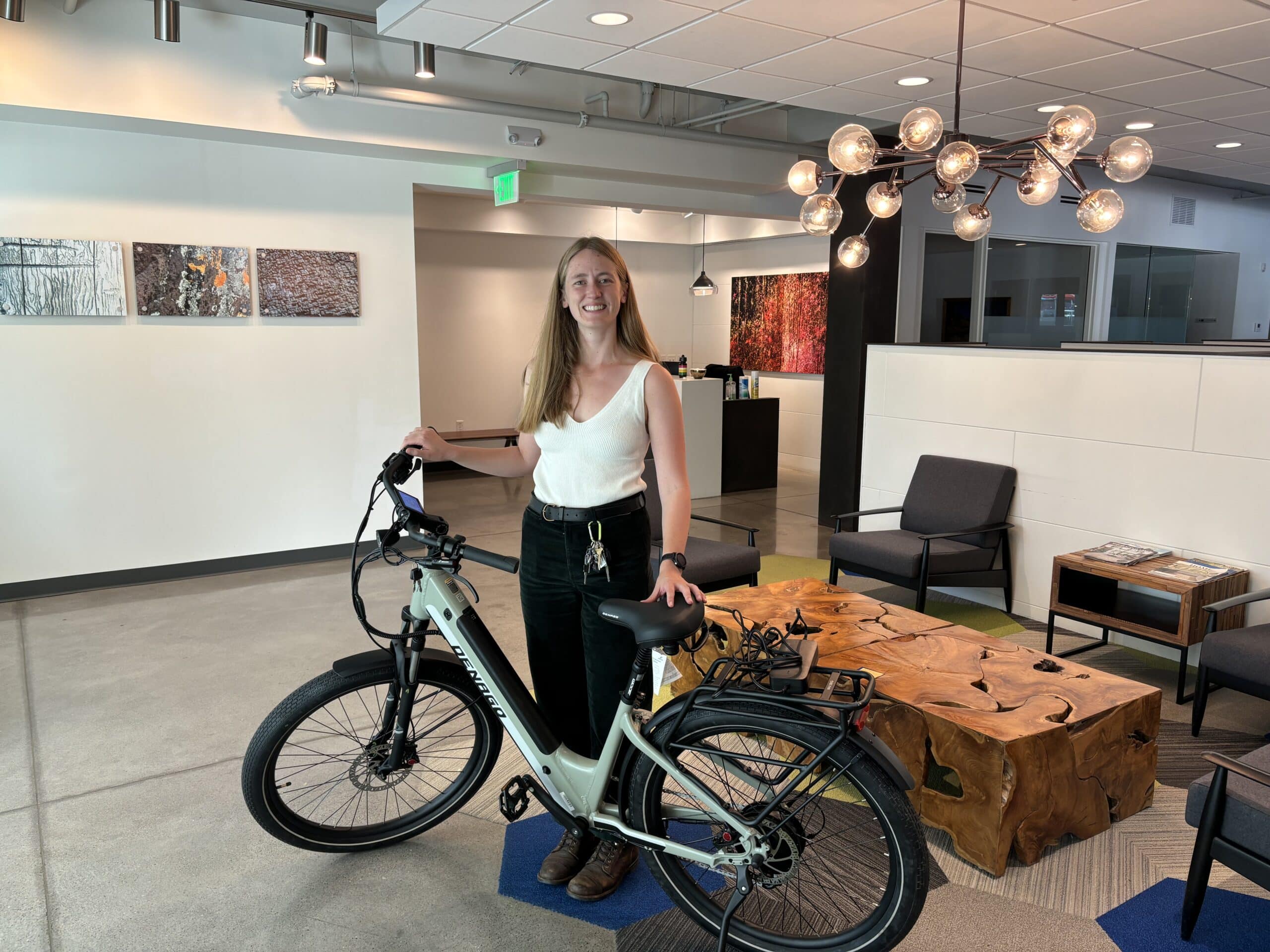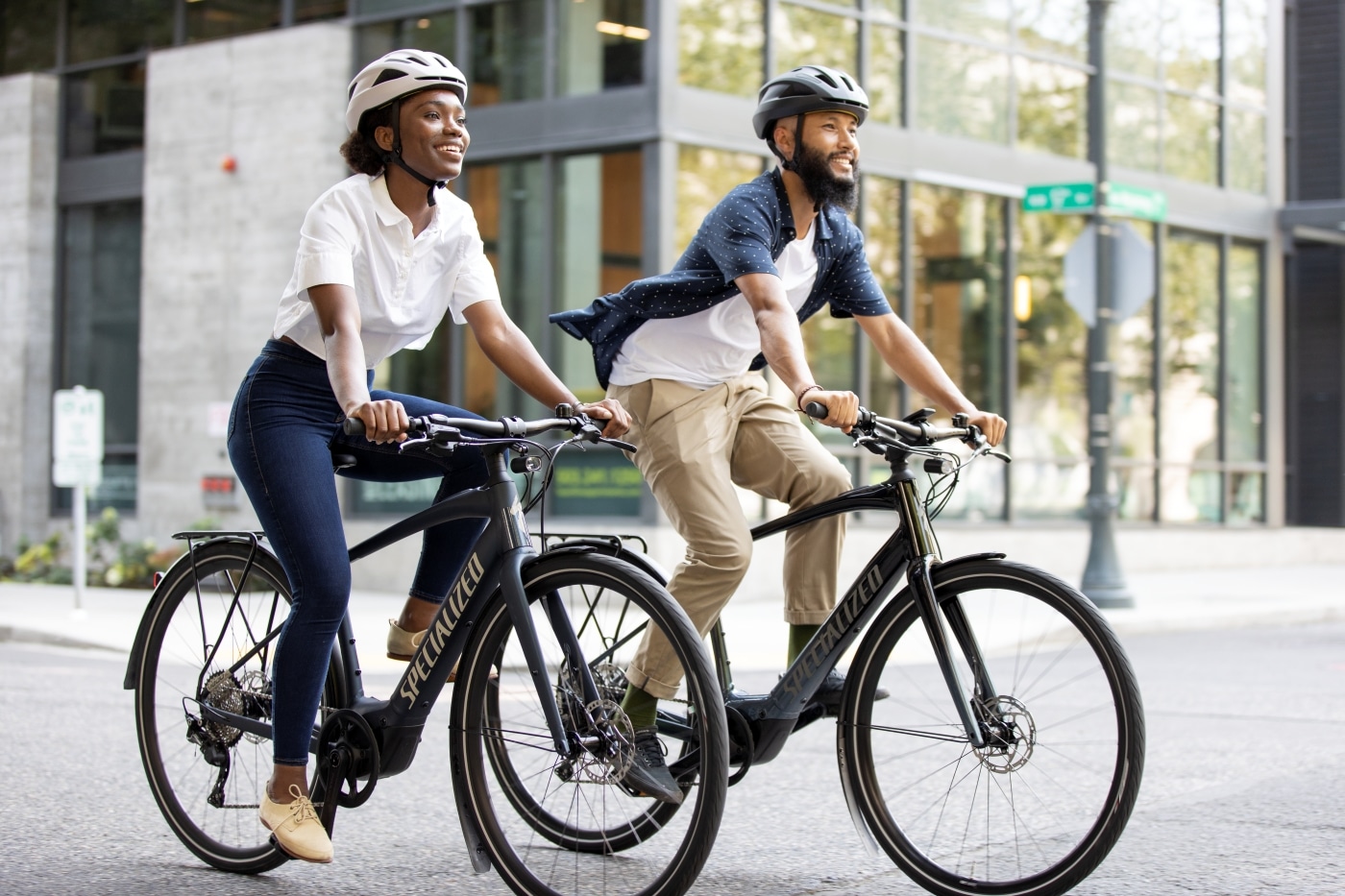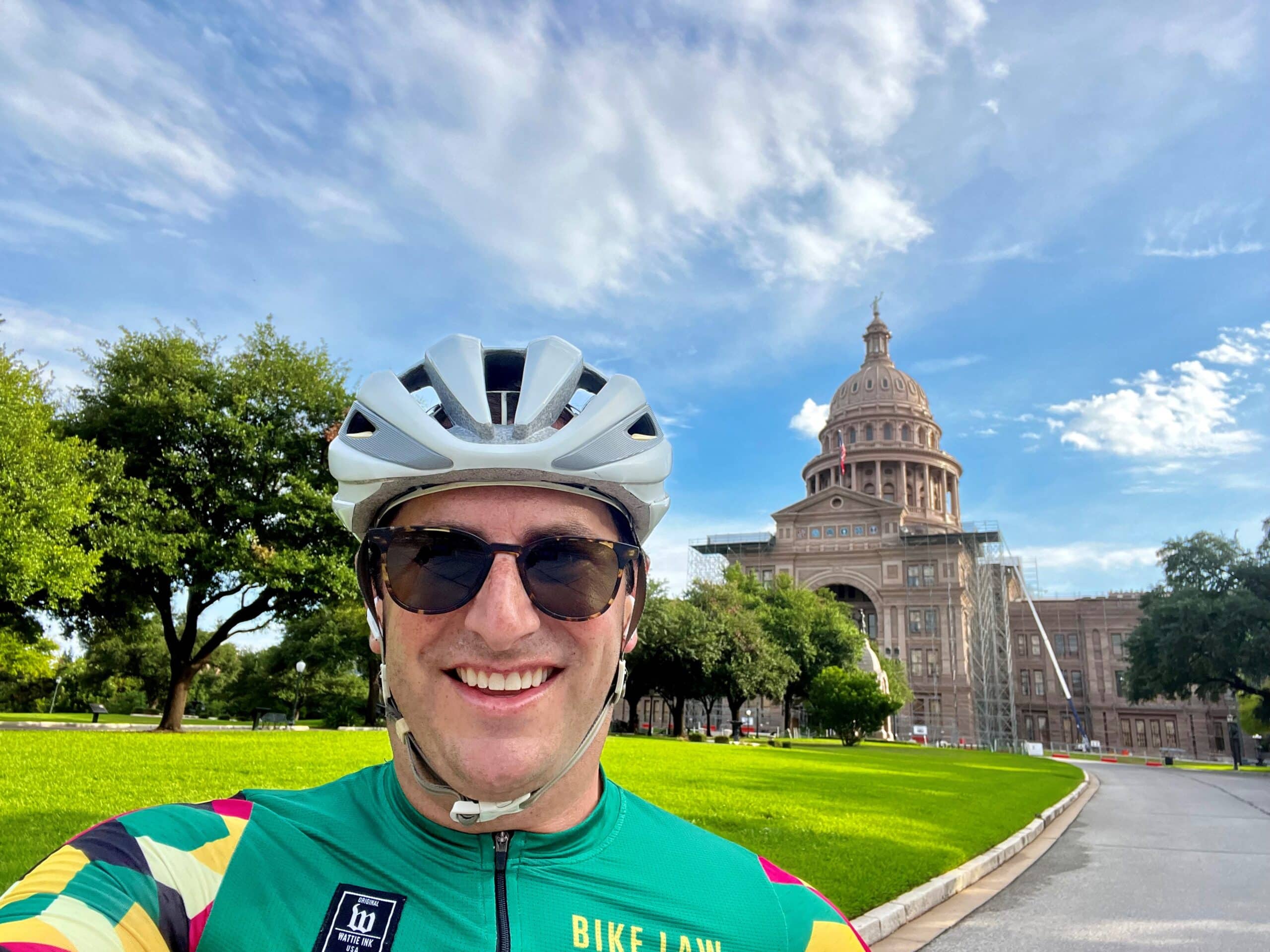On March 6, Minneapolis released a 252-page Transportation Action Plan. The plan’s ultimate goal is to expand transportation options for those walking, biking and taking public transit to get where they need to go.
Through this expansion, Minneapolis hopes to reduce the number of vehicles on the road, lowering greenhouse gas emissions. One of the plan’s highlights includes a bold statement that walking and public transit will overtake driving by 2030.
The plan also announces our city’s goal to see 3 out of every 5 trips taken by walking, biking, or transit and only 20% of trips taken by car.
Efficiency and the Current Lack of Available Public Transportation
Right now, I’m admittedly part of the problem the plan was enacted to solve. Although I do still commute to my office via bike, as an attorney, I often have no choice but to commute by car. The choice to hop on my bike or jump in my car depends on whether I have a hearing or deposition elsewhere to attend each day.
If so, I must use my car for efficiency purposes. If there were more frequent transit options to get from my office in Uptown to downtown and back more quickly, I could head to court and get back to my office in the same amount of time it takes by car.
The Transportation Action Plan includes a goal of expanding transit coverage. If that goal is met, 75% of Minneapolis residents will be within a 5-minute walk of high-frequency transit and 90% will be within a 10-minute walk. Reaching this goal would change the commuting game for many, including me.
Must We Continue to Commute At All?
In the past few months, our city, state and nation have endured a life-changing pandemic, leading us to question everything we know about work. Many of us have continued with our work remotely, figuring out new ways to communicate and move projects forward without the office.
This time has opened my eyes to how much can be done without the commute. Depositions can often be done virtually. Telephone and Zoom meetings could be improved upon for certain conferences and hearings. Is it necessary to commute to the office as much as we typically do? I believe, with a bit of flexibility, we could limit our driving in the future by taking advantage of what we’re learning now.
The 10-Year Plan Is a Step in the Right Direction
Will walking, biking and transit overtake driving by 2030? I believe only time will tell. This plan is a step in the right direction, though. If Minneapolis should meet the various expansion and infrastructure goals outlined in the Transportation Action Plan, I agree we’ll see a safer, more efficient transportation system for all.
I also believe that it’s up to us to change our habits. It’s up to us to be open to new ways of getting around and perhaps new methods of completing our daily work. The plan requires our cooperation and ingenuity to be effective. We’re all in this together.

Dan Brazil is a seasoned personal injury and Minneapolis bicycle crash attorney. Located in Uptown, Minneapolis, he serves bicyclists throughout Minnesota who has suffered injuries in bike crashes.
Dan is not only the founder and principal attorney of Brazil Law Group; he is also an avid biker. A self-proclaimed “all-arounder,” Dan commutes via bike (in nicer weather!), mountain bikes, runs trails, rock climbs, practices yoga, and even surfs.








